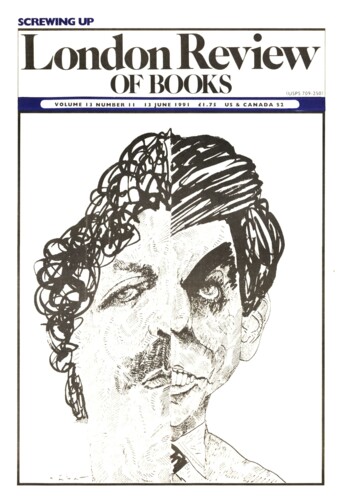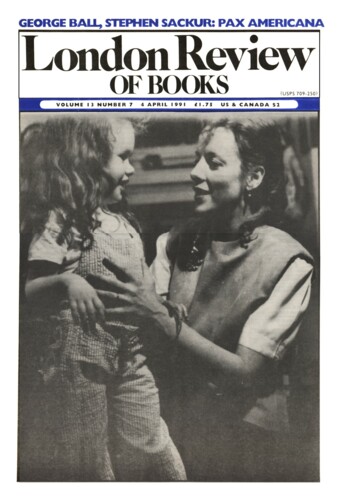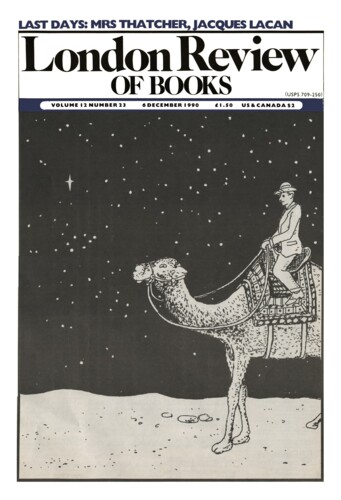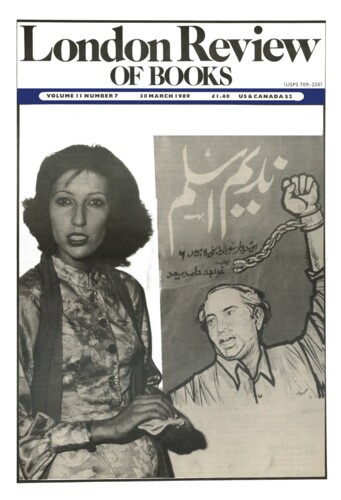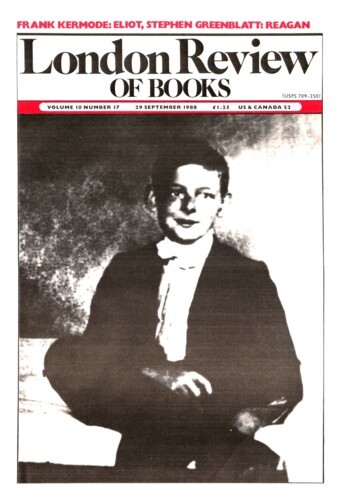Uncle William
E.S. Turner, 13 June 1991
The Duke of Wellington, defending the Lord Chancellor of Ireland for distributing lucrative posts among his family, complained of the ‘senseless outcry against public men for not having overlooked the ties of blood and Nature in dispensing the patronage of office’. Nepotism might offend radicals and the authors of denunciatory Black Books, but it was a fact of public life, and nowhere was the practice more honoured than in the Church of England. Was it really a bad thing? The Passing of Barchester examines in fine focus the case of a 19th-century Dean of Canterbury, William Rowe Lyall, himself childless, who found Church appointments for his younger brother, four nephews and three nephews-in-law. If there was any ‘senseless outcry’ against Dean Lyall on grounds of favouritism the author does not mention it: though there must surely have been occasional mutterings in the ‘Canterbury triangle’ which was the forcing-ground for Lyall’s nominees. In this illuminating and well-written book Clive Dewey’s concern is to explore not merely the workings of nepotism but the operations of Church patronage in general, and to assess its social and political implications. Did the system, as he suggests, preserve the Church of England from disestablishment and disendowment?
